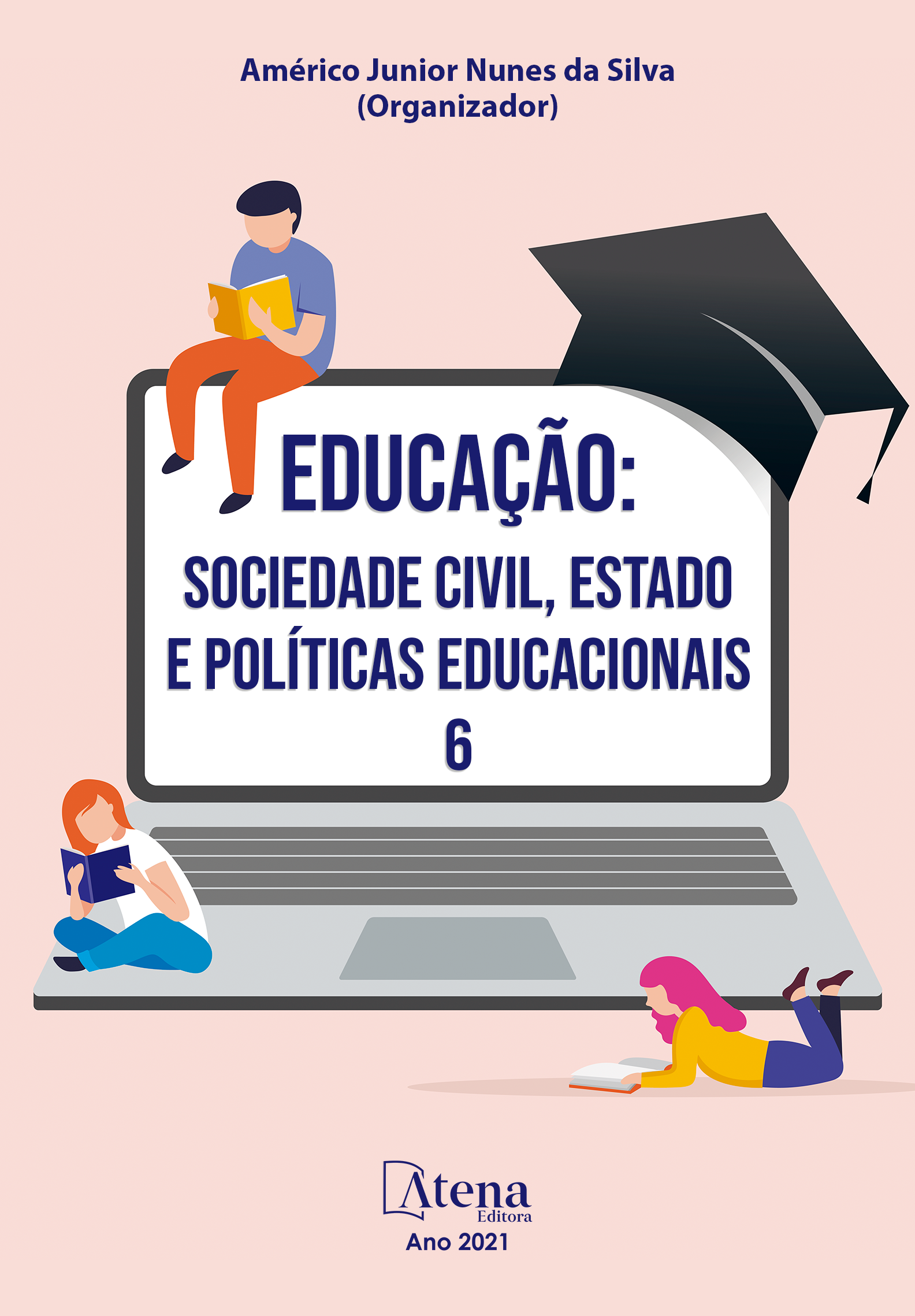
A LITERATURA E O DESVELAMENTO DO COTIDIANO ESCOLAR: A PARTIR DO OLHAR DA MULHER DE CORPO NEGRO
Este artigo originou-se do trabalho desenvolvido na disciplina Prática de Pesquisa, do Doutorado em Educação no PPGE/UNESA, na linha de pesquisa de “Políticas, Gestão e Formação de Educadores”. Tem como objetivo identificar, analisar e demonstrar a presença nas práticas docentes, de alguns dos discursos que, a partir da homogeneização, produzem desigualdades e exclusão, principalmente na rede pública de educação. Os preceitos de desigualdade e de exclusão têm sua composição, suas mutações e sua materialização construídas no âmbito dos conflitos que ocorrem no contexto das relações sociais influenciadas por condições de estrato social, gênero/sexo, etnia, uso da língua (com suas variações), cidade/bairro de moradia, pertencimentos culturais e outros, que vêm sendo reproduzidos no ambiente escolar em virtude de um raciocínio hegemônico de normalidade, produzindo com eficácia variável a discriminação de alguns em prol da posição social de outros alterando-se de acordo o tempo histórico ou a sociedade. Em relação à desigualdade, o aspecto classe tem uma função predominante, embora a sua eficácia discriminatória dependa de outros aspectos ligados especificamente à etnia e ao sexo, notadamente. Para tal, o estudo busca conhecer e examinar o percurso da desigualdade e da exclusão na modernidade e a sua distinção das sociedades dos antigos regimes, chegando às especificidades dos cotidianos atuais. Na homogeneização e no universalismo ocorre a negação das diferenças, provocando seu desmoronamento pela transformação em desigualdade, legitimando a exclusão de tudo aquilo que não é considerado como normal, definido pelo poder social que estabelece o padrão de normalidade.
A LITERATURA E O DESVELAMENTO DO COTIDIANO ESCOLAR: A PARTIR DO OLHAR DA MULHER DE CORPO NEGRO
-
DOI: 10.22533/at.ed.7652127016
-
Palavras-chave: Educação – Literatura - Cotidiano escolar - Desigualdade social.
-
Keywords: Education - Literature - School life - Social inequality.
-
Abstract:
This article originated from the work developed in the discipline of Research Practice, of the PhD in Education at PPGE / UNESA, in the research line of "Policies, Management and Training of Educators". It aims to identify, analyze and demonstrate the presence in teaching practices of some of the discourses that, from the homogenization, produce inequalities and exclusion, mainly in the public education network. The precepts of inequality and exclusion have their composition, their mutations and their materialization built within the context of the conflicts that occur in the context of social relations influenced by conditions of social stratum, gender / sex, ethnicity, use of language (with its variations) city / neighborhood housing, cultural and other belongings, which have been reproduced in the school environment by virtue of a hegemonic reasoning of normality, producing with varying effectiveness the discrimination of some in favor of the social position of others changing according to historical time or society. In relation to inequality, the class aspect has a predominant function, although its discriminatory efficacy depends on other aspects specifically related to ethnicity and sex, notably. For this, the study seeks to know and examine the course of inequality and exclusion in modernity and its distinction from the societies of the old regimes, arriving at the specifics of today's everyday. In the homogenization and in the universalism, the denial of the differences occurs, provoking their collapse by the transformation in inequality, legitimating the exclusion of everything that is not considered normal, defined by the social power that establishes the norm of normality.
-
Número de páginas: 11
- LUIZ CARLOS DE SÁ CAMPOS


